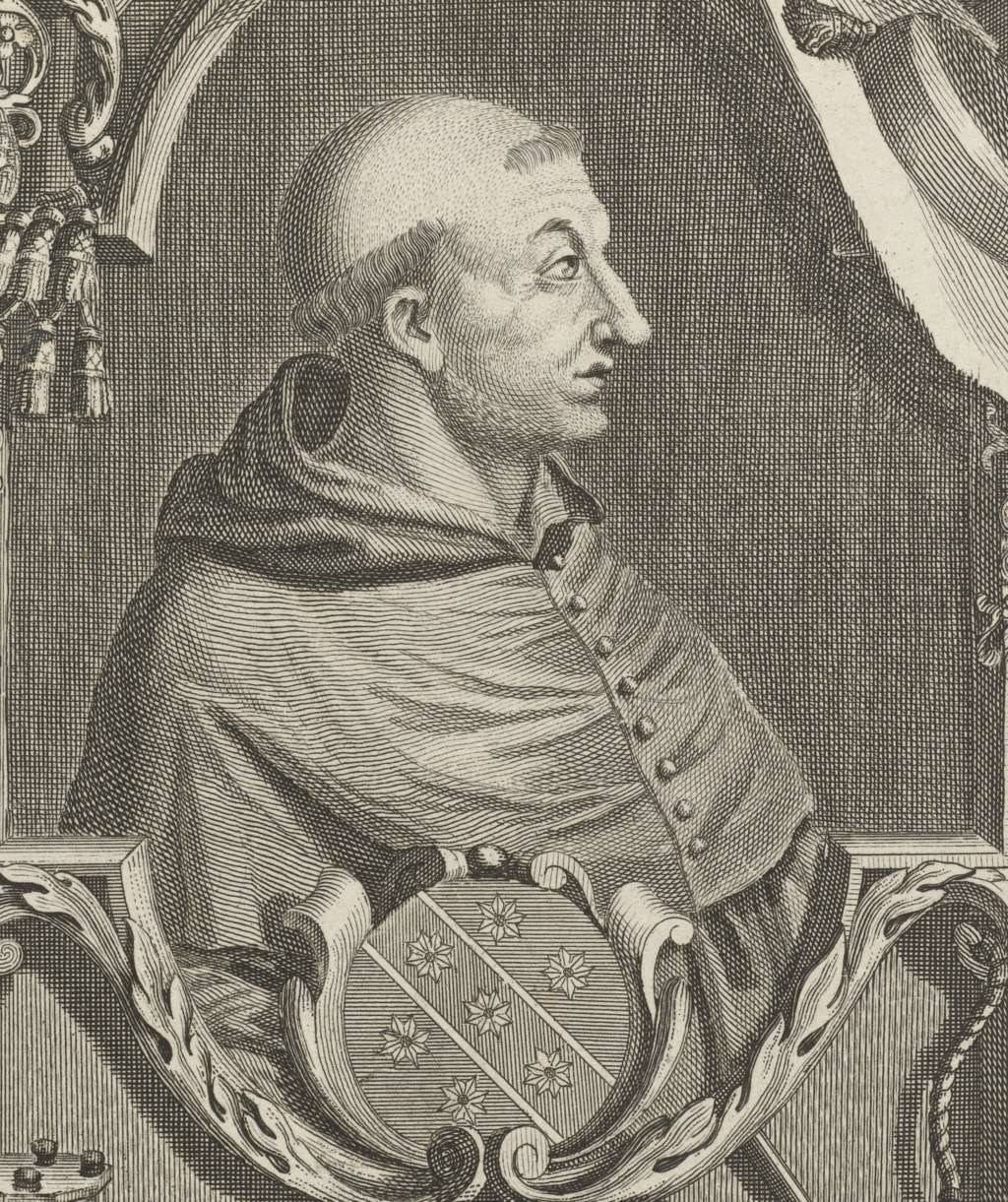
Francesco Zabarella, an eminent figure in the ecclesiastical and academic realms of the late Middle Ages, was born in 1360 in Padua and passed away in 1417. His life, marked by profound intellectual achievements and significant contributions to canon law, unfolds a narrative that mirrors the intricate and transformative period of the 14th and early 15th centuries. Zabarella’s legacy, deeply entwined with the religious and legal discourses of his time, offers a window into the complexities and challenges of an era poised on the brink of the Renaissance.
Early Life and Education
Francesco Zabarella’s journey began in Padua, a city renowned for its intellectual vibrancy, in 1360. Born into a family of established jurists, Zabarella was predestined for a life steeped in legal and theological studies. His early education, a blend of classical literature and religious instruction, laid a robust foundation for his future scholarly pursuits. Displaying an exceptional aptitude for learning, he quickly advanced in his studies, delving deeply into the intricacies of canon law, a field that would later define his career.
The University of Padua, a beacon of knowledge during the Middle Ages, played a pivotal role in shaping Zabarella’s intellectual trajectory. As a student, he immersed himself in the study of law and theology, disciplines that were undergoing significant evolution during this period. His academic prowess did not go unnoticed; his instructors, some of the most distinguished scholars of the era, recognized his potential early on, foreshadowing his future influence in both ecclesiastical and academic circles.
Academic and Ecclesiastical Career
Francesco Zabarella’s career, characterized by a harmonious blend of academic and ecclesiastical responsibilities, marked him as a distinguished figure of his time. After completing his studies, he embarked on an academic career at the University of Padua, rising swiftly through the ranks to become a respected professor of canon law. His lectures, known for their clarity and depth, attracted students from across Europe, testament to his expertise and pedagogical skill.
Parallel to his academic pursuits, Zabarella’s ecclesiastical career flourished. His profound understanding of canon law and unwavering commitment to the Church led to his appointment as a cardinal in 1410. This pivotal role not only elevated his status within the Church but also allowed him to exert considerable influence on ecclesiastical matters. His tenure as a cardinal coincided with a period of significant turmoil and reform within the Catholic Church, notably the Western Schism and the Council of Constance, where his legal expertise and diplomatic skills were crucial in navigating these complex issues.
In both his academic and ecclesiastical roles, Zabarella demonstrated a rare ability to reconcile the often conflicting demands of intellectual inquiry and religious doctrine. His contributions to canon law, through both his teachings and writings, reflect a deep understanding of the legal challenges of his time and a forward-thinking approach that would influence the field for generations to come.
Contributions to Canon Law
Francesco Zabarella’s contributions to canon law were both profound and enduring. His scholarly works, characterized by meticulous analysis and insightful commentary, became essential references in the study of church law. His most notable work, “Lecturae compendiosae,” is a comprehensive treatise on canon law, illustrating his deep understanding of legal principles and their application within the Church. This seminal work not only solidified his reputation as a leading canonist of his time but also influenced the development of canon law in subsequent centuries.
Zabarella’s approach to canon law was innovative and pragmatic. He sought to harmonize the often rigid legalistic perspectives with the evolving needs of the Church. His writings reflect a nuanced understanding of the balance between doctrine and practice, a perspective that was instrumental in guiding the Church through a period of significant change and challenge.
Legacy and Influence
The legacy of Francesco Zabarella extends far beyond his lifetime. His intellectual rigor and dedication to the Church set a benchmark for future generations of canonists and ecclesiastics. The clarity and depth of his legal writings continued to influence the study and practice of canon law well into the Renaissance and beyond.
Moreover, Zabarella’s role in the Council of Constance, particularly in addressing the Western Schism, underscores his significance as a peacemaker and a mediator. His diplomatic skills and legal acumen were instrumental in resolving one of the most challenging crises faced by the medieval Church.
Francesco Zabarella, a cardinal and celebrated canonist, remains a towering figure in the history of the Church and canon law. His contributions, marked by intellectual depth and practical wisdom, have left an indelible imprint on ecclesiastical law and the broader narrative of Church history. His life and work, embedded in the tumultuous era of the late Middle Ages, exemplify the enduring power of scholarship and devotion in shaping the course of history.
References
- British Museum. “Francesco Zabarella.” British Museum (accessed December 13, 2023).
- Catholic Hierarchy. “Bishop Francesco Zabarella.” Catholic Hierarchy (accessed December 13, 2023).
- JSTOR. “Francesco Zabarella and the Council of Constance.” JSTOR (accessed December 13, 2023).
